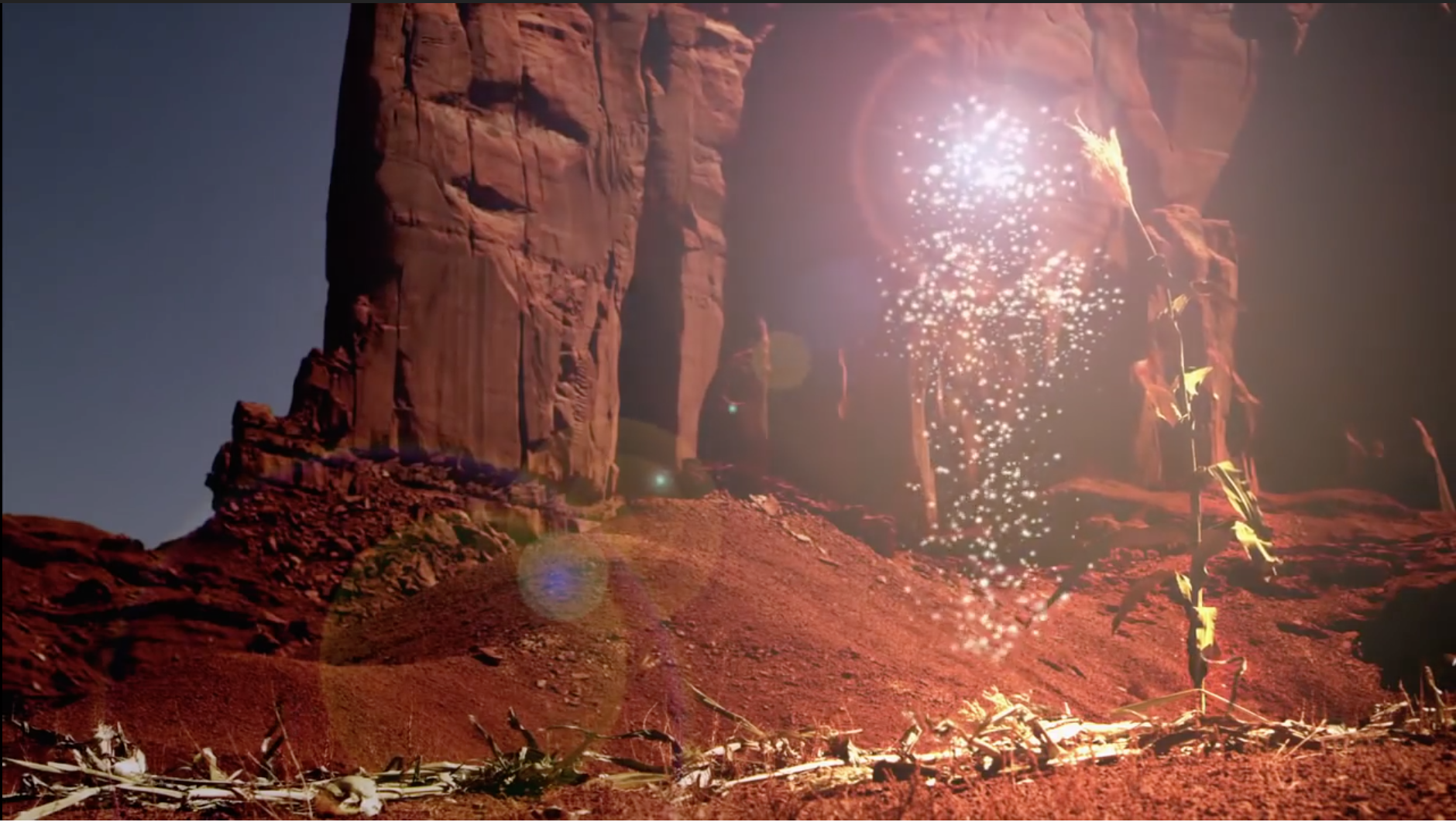
Very few of us will leave this earth in any way other than death. Perhaps this is why the richest and vainest among us fantasize about building rockets to take them off this planet, as if they might thereby cheat the fate that awaits us all here.
Climate-driven chaos must only intensify that urge to abscond, to winnow the wealth derived from the world’s resources and the exploitation of its workforce, human and animal and machine, into a form of interstellar travel that can perfect the unequal distribution of income: I get to fly into the sky for unknown pleasures over untold horizons; you get to boil in the seas amid terrestrial chaos and the desperate struggle for survival.
During the cold war, state-sponsored space programs served two related functions: They gave an optimistic veneer to the diversion of funds to the military-industrial complex while countering the apocalyptic nightmares of nuclear holocaust and mutually assured destruction the arms race fed. The implacable ideological opposition between communism and capitalism then seemed to threaten imminent destruction. Only now that capitalism has triumphed, however, is unchecked ecological disaster assured.
When, a few years ago, nearly a quarter million people eagerly volunteered to die on Mars, they perhaps had this in mind, a frontier fantasy muddled with martyrdom and the dream of a nobler death than eco-suicide. They made video applications, similar to the ones you’d submit to get on Survivor, and submitted them to Mars One, a nonprofit hoping to orchestrate the first human colony off Earth. Perhaps all the applicants had seen Close Encounters of the Third Kind, a 1977 film about child abduction and post-traumatic stress that ends with its deeply damaged protagonist defying martial law to board an alien craft and leave a variety of failed utopias — America, his family — behind him once and for all. The audience is invited to envy his enchanted leap into the unknown, his regression to child-like wonder as he makes an essentially suicidal decision. Elon Musk, who aspires to found a Martian colony, declared that candidates for Mars must be prepared to die, but that “it would be an incredible adventure. I think it would be the most inspiring thing that I can possibly imagine.”
It is sad to imagine an imagination so limited. It is as if Musk believes our planet is so devoid of the possibility of good, that all the opportunities for improving the lot of beings on Earth are so boring or so disappointing, that it is more inspiring to hold a death lottery and launch his similarly nihilistic counterparts into the void.
In a 1964 dialogue with Theodor Adorno, Ernst Bloch discusses how utopia went from being a place — some South Sea island that Thomas More posited — to being a time, the future. In order for it ever to exist, we have to try to go there: “not only if we travel there, but in that we travel there, the island utopia arises out of the sea of the possible.” Some approach outer space in this spirit, as an impetus for space-faring activity whose beneficent purpose will be revealed once we have accomplished it.
But it may be that the opposite is true: As long as no one can actually go there, outer space makes for a democratic space for utopian longing — an actual place we can imagine going to where things could be different, could be better, could be just, where everyone could live “as free human beings,” as Adorno suggests. Once the paradise in the stars begins to take concrete form, it becomes the limit case of cruel dystopia, of a species abandoning itself in a parody of universal hope.
Nonetheless, the fantasy allure of outer space is used to re-enchant both the frontier and the sorts of earthbound travel through which we might pretend to reach it. At Real Life this week, Christopher Schaberg writes about the how Elon Musk’s recent stunt of launching a car into space mirrors the way auto commercials now jokingly evoke the end times. There is no way to think of cars without the destruction they have wreaked, no way to realistically imagine open spaces in which to drive them. So there is no choice but to think of the endless airless space above as the last lost highway.
Lou Cornum writes that current plans for space commerce and imaginings of extraterrestrial contact only extend the colonial project and are destined to reproduce the same devastation in space as on Earth. The concept of outer space, however, is also a site of renewal and creation — a way to rethink what humans could be and to “find another way of living that doesn’t leave so many of us dead.”
Outer space is profoundly unreachable, which seems to drive some humans into a fury — that anything apparently mappable should not also be conquerable. It is hard to regard outer space in all its vast unfathomability as anything but a metaphor. Too often, that amounts to giving in to a temptation to turn any unknown realm into a frontier, an open invitation to invasion and imperialism. But outer space might serve instead as a reminder of the glory of what always escapes our grasp, a perfect idea for tiring our imagination when all it can think to do is overreach.
Featuring:
“Event Horizon,” by Lou Cornum

“Wheels in the Sky,” by Christopher Schaberg

Thank you for your consideration. Visit us next week for Real Life’s upcoming installment, CONTENT, featuring social media identity and minimalism on Instagram.